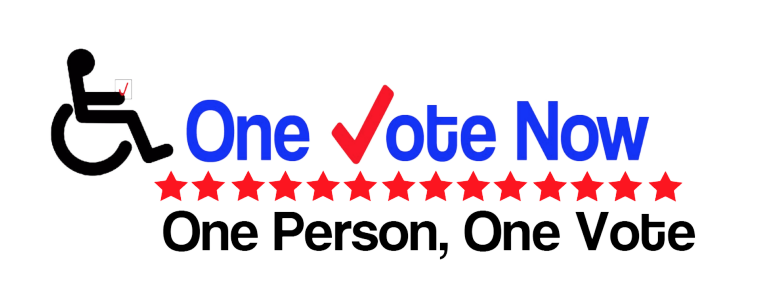Opinion: Prefer to keep your vote private? Those of us with disabilities do, too.
Kathy Martinez is president and chief executive of Disability Rights Advocates.
As a child, I was fascinated by politics, and when Election Day rolled around, I’d enthusiastically accompany my mom to the polls. We’d squeeze into the booth together, and she’d verbalize each choice so I could feel as though I was part of the process. Being blind, I couldn’t read the printed ballot myself.
The first time I cast my own vote was in the 1976 general election, when Jimmy Carter and Gerald Ford were at the top of the ballot. I won’t share who got my vote — because it’s my right as an American citizen to keep that private. At the time, however, that privacy wasn’t afforded me. Rather, I had to relay my choices to a poll worker, who filled in my ballot for me. I had to trust that they did so correctly, and that the ballot made it into the box.
Back then, I didn’t recognize this as a violation of my rights. Rather, like many people with disabilities coming of age in that era, I held the notion that I should be grateful when someone, especially anyone outside of my family, made something possible for me. Yet the right to not just vote, but do so privately and independently, is fundamental to an equitable and inclusive democracy.
It wasn’t until 2012 that I voted independently for the first time. I was living in D.C., and my polling place, as required by the Help America Vote Act of 2002, had an accessible voting machine with audio and tactile features, such as raised buttons.
